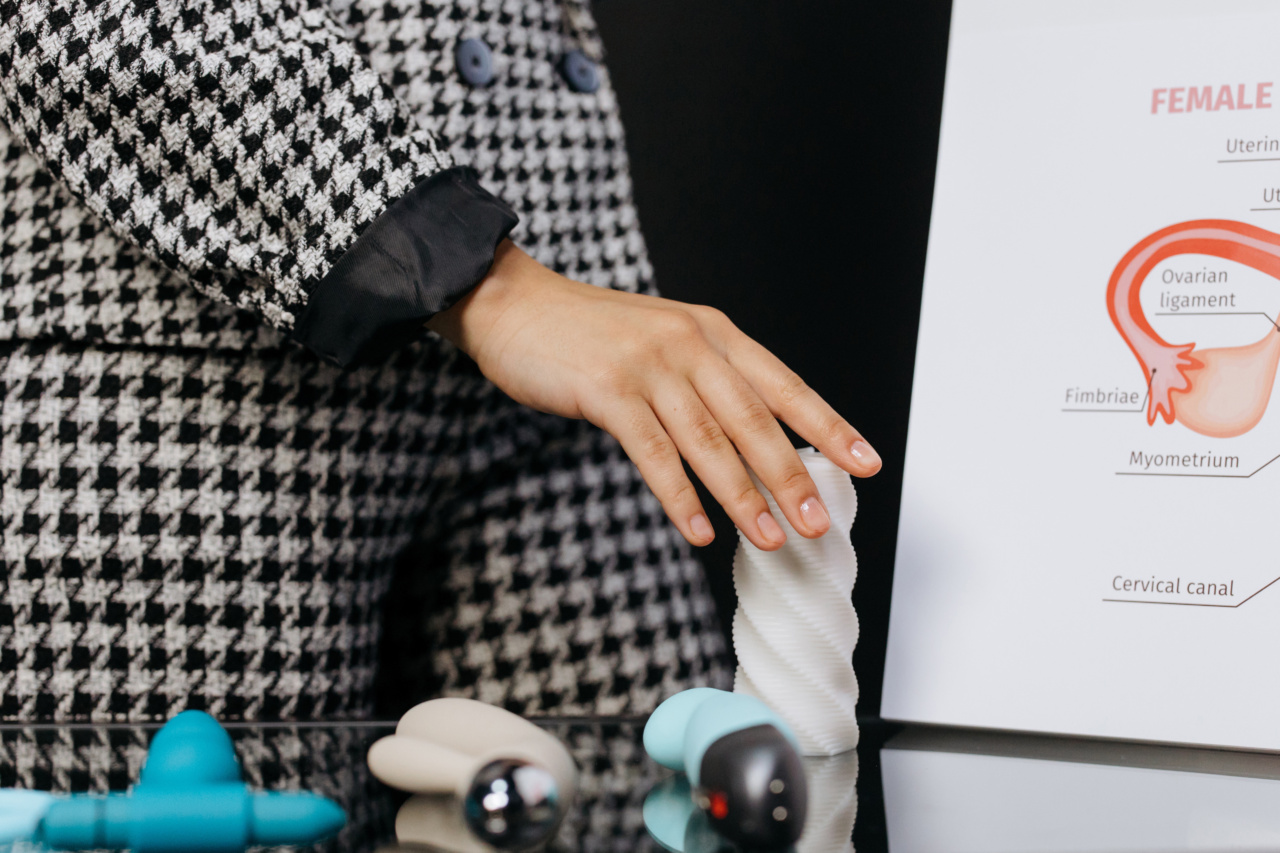Menopause is a natural biological process that marks the end of a woman’s reproductive years. It typically occurs between the ages of 45 and 55 and is characterized by the cessation of menstruation.
While menopause is a normal phase of life, it can bring about various physical and emotional changes, including a decline in sexual desire and satisfaction.
The Impact of Menopause on Sexual Satisfaction
Menopause can have a significant impact on a woman’s sexual satisfaction.
The hormonal changes that occur during this time can lead to a decrease in estrogen levels, which can result in vaginal dryness, discomfort during intercourse, and a reduced libido. Additionally, menopause can bring about emotional changes such as mood swings, fatigue, and anxiety, which can further affect a woman’s sexual desire and pleasure.
Understanding the Changes
It is crucial for menopausal women and their partners to understand the changes that occur during this phase of life.
By familiarizing themselves with the physical and emotional transformations, women can gain insight into the factors that may be affecting their sexual satisfaction. This knowledge can also help partners be more understanding and supportive, fostering open communication about desires, concerns, and needs.
Seeking Medical Help
If menopausal symptoms are significantly impacting sexual satisfaction, it is important to seek medical help. There are various treatment options available that can alleviate the symptoms and improve sexual well-being.
Hormone replacement therapy (HRT), for example, can help restore estrogen levels and relieve vaginal dryness. Additionally, there are non-hormonal treatments such as vaginal moisturizers and lubricants that can provide relief during intercourse.
Exploring Alternative Approaches
Aside from medical interventions, menopausal women can also explore alternative approaches to enhance their sexual satisfaction.
This may involve incorporating mindfulness techniques, such as meditation and deep breathing exercises, to reduce stress and increase relaxation. Regular physical exercise can also help improve mood and boost libido, while maintaining a healthy diet can provide the necessary nutrients for sexual health.
Communication and Intimacy
Effective communication and intimacy play a vital role in sexual satisfaction for menopausal women. By openly discussing desires, concerns, and boundaries with their partners, women can foster a supportive and understanding sexual relationship.
Exploring different forms of intimacy, such as emotional connection, sensual activities, and non-penetrative sexual experiences, can also help maintain sexual satisfaction even if certain physical changes occur.
Building Self-esteem and Body Confidence
Menopause can lead to changes in a woman’s body, including weight gain and shifts in body shape. These changes can sometimes impact self-esteem and body confidence, which can consequently affect sexual satisfaction.
It is important for menopausal women to prioritize self-care and engage in activities that promote body positivity. This may involve establishing a self-care routine, practicing self-compassion, and surrounding oneself with positive influences.
Exploring New Sexual Techniques
Menopause can also be an opportunity for menopausal women to explore new sexual techniques and experiences. Open-mindedness and a willingness to try new things can help women discover alternative sources of pleasure and satisfaction.
This may involve engaging in activities such as sensual massages, using sexual aids or toys, or experimenting with different positions that can alleviate discomfort while maximizing pleasure.
Psychosexual Counseling
For some menopausal women, sexual satisfaction may require professional intervention. Psychosexual counseling can provide a safe and confidential space for individuals to discuss their concerns and receive guidance from trained therapists.
This form of counseling can address psychological factors that may be influencing sexual satisfaction and provide techniques to improve communication, self-confidence, and overall sexual well-being.
Support from the Partner
Support from a woman’s partner is crucial in maintaining sexual satisfaction during menopause. Partners should educate themselves about the physical and emotional changes associated with menopause, showing empathy and understanding.
Encouraging open communication, providing emotional support, and actively participating in finding and exploring new ways to maintain sexual satisfaction can strengthen the bond between partners and enhance overall intimacy.
Conclusion
While menopause may present challenges to sexual satisfaction, it is crucial to understand that it is not a permanent barrier.
By seeking medical help, exploring alternative approaches, fostering communication and intimacy, building self-esteem, and involving partners in the process, menopausal women can continue to achieve sexual satisfaction and enjoy fulfilling and pleasurable sexual experiences.































